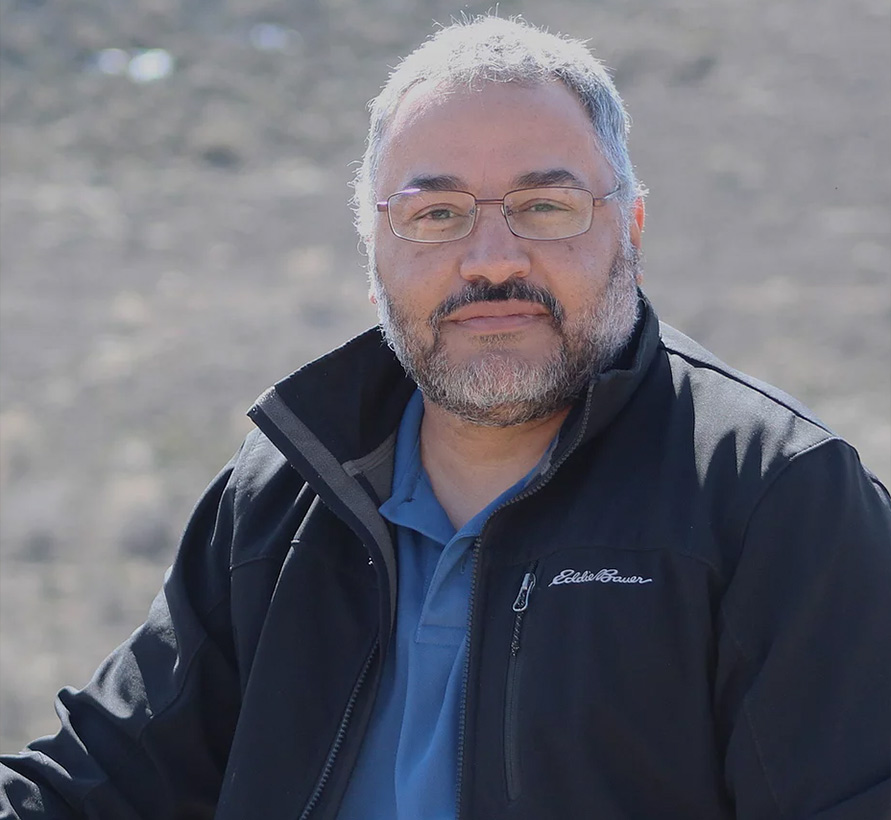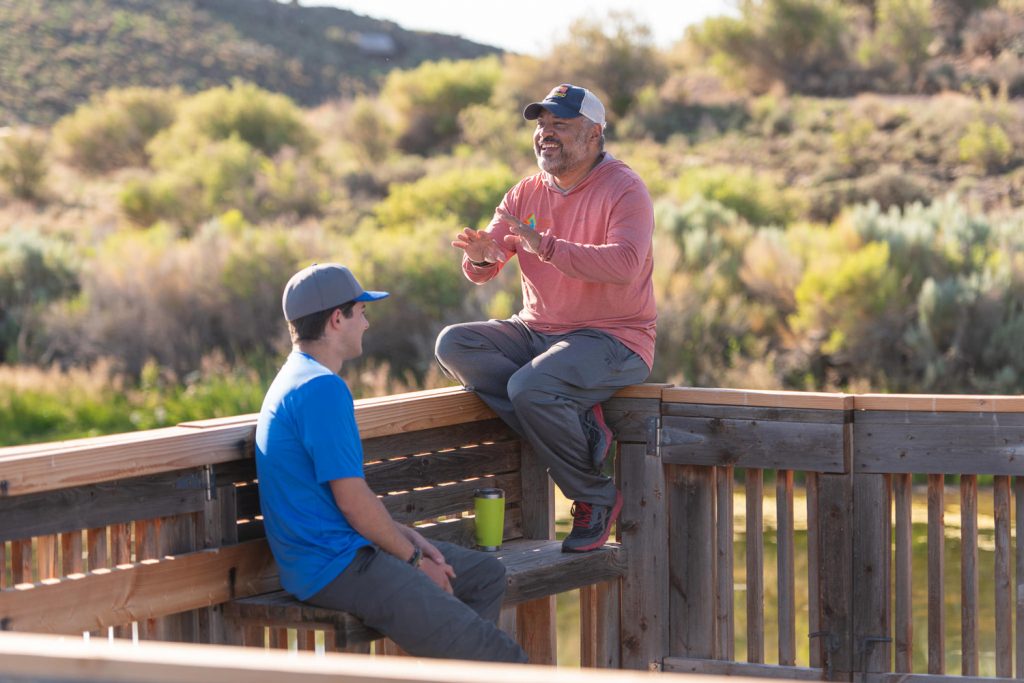Get to know one of Legacy’s senior clinical staff members, and director of our Summit House Program, Devon Nanton. Read more about Devon here!
Growing up in the projects of New York City, one of the few escapes from a hard environment was Summer Camp in the country. It allowed me to get away from all of life’s challenges and “knuckle-headed behaviors” of some of my friends. My mother would hold the promise of camp every summer out as an incentive to keep my nose clean throughout the school year.
When I would return from camp each summer, I would get the rundown from my friends… who got arrested, who is doing what, and what craziness I missed. I would take a deep breath and remember swimming in the lake, climbing, and hiking, and feel blessed to have experienced camp away from it all.

My friends couldn’t understand why these experiences and memories from summer were so precious to me. For many, it was so outside of their personal experiences. The wilderness they encountered were the squirrels and pigeons that congregated in the park and around gated trees–ones that you were discouraged from climbing. The woods my friends thought of were the setting of horror movies, where nothing good happens– and if you are a person of color, then you definitely weren’t making it to the end of the movie.
But that isn’t the woods for me. The woods were always a calming and tranquil space, where the wind rustled through the leaves, and every bend in the trail had the possibility and promise of adventure. And although this reprieve did not keep me from eventual alcohol dependency, it did keep me from many other rash and impulsive behaviors, and kept me from engaging in some of the very dangerous activities that had plagued my friends and their families.
When I determined it was time to get sober, I headed back to the wilderness that held so many of my happy childhood memories. I reengaged in white water rafting and canoeing, backcountry skiing, paragliding and began “bagging peaks.” This reengagement into the wilderness, like heading into the quiet of summiting a peak or listening to the birds and smelling the wildflowers, was more therapeutic than any intervention I could have ever imagined for myself. Even now, kayaking on an empty lake fills my heart with a welcome peace when I need it.

This is why, when I began to pursue a career in counseling young men and women in finding their way back to their authentic selves, I knew it had to be in conjunction with the healing power of the wilderness.



